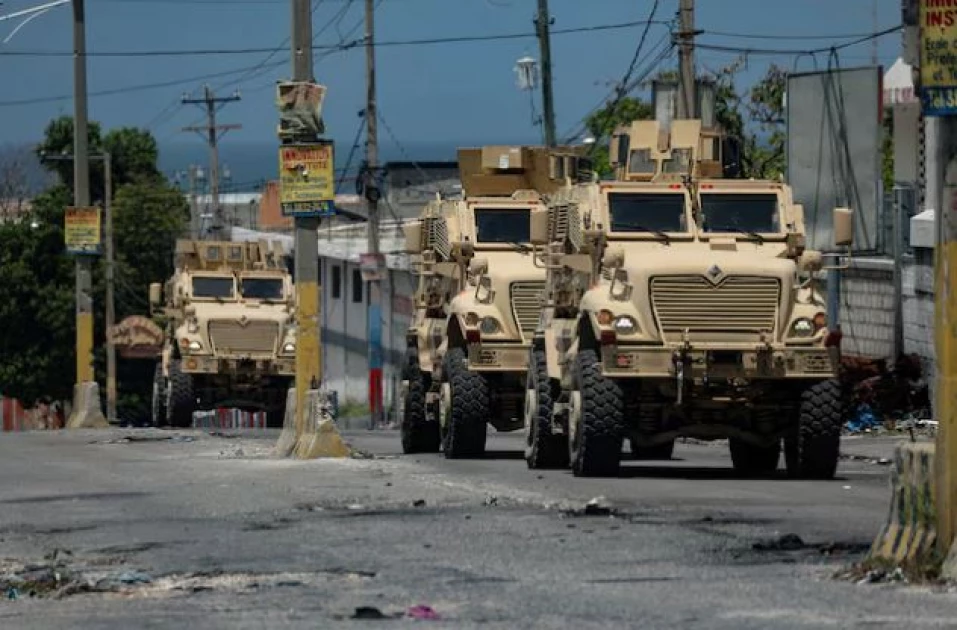A deadly drone attack in Haiti’s capital, Port-au-Prince, has left at least 11 people dead, including eight children, sparking outrage and renewed scrutiny over the government’s use of unmanned aerial vehicles (UAVs) in its fight against gangs.
The strike occurred on Saturday night in Cité Soleil, one of the city’s poorest and most violent neighborhoods, during a birthday celebration for suspected gang leader Albert Steevenson, known as “King Jouma.” The area is believed to be under the control of the Viv Ansanm (Living Together) gang coalition, which the United States recently designated as a terrorist organization.
Witnesses described scenes of horror. Claudia Bobrun, whose eight-year-old daughter was killed, showed reporters a video of the child lying in a pool of blood. Another victim, four-year-old Merika, was playing outside when the suspected kamikaze drone exploded. Her grandmother, Mimose Duclaire, recounted hearing a blast before seeing the child’s body torn apart. Merika later died while being rushed to hospital.
The National Human Rights Defence Network (RNDDH) reported that two kamikaze drones launched by the Haitian National Police task force were responsible for the explosions. According to their findings, at least four gang members and three civilians were among the dead. The group warned that the official casualty count may be higher.
Neither the Haitian police nor the prime minister’s office responded to requests for comment.
Haiti has seen escalating violence in recent years, with gangs controlling nearly 80 percent of Port-au-Prince, according to the United Nations. In an attempt to regain ground, the government turned to drones earlier this year, acknowledging their use publicly in June after police released footage of a strike targeting gang leaders.
Gang figure Jimmy Cherizier, also known as “Barbecue,” vowed revenge for the Cité Soleil attack, raising fears of further bloodshed in a country already gripped by instability.
As Haiti’s crisis deepens, the use of drones against heavily populated areas has drawn criticism from rights groups, who warn of devastating civilian casualties.

